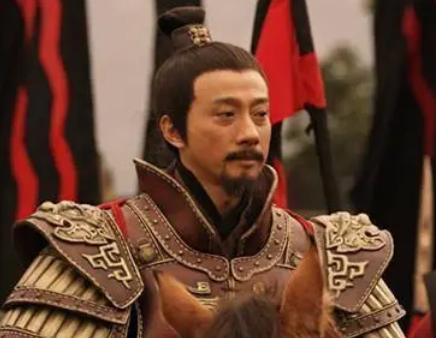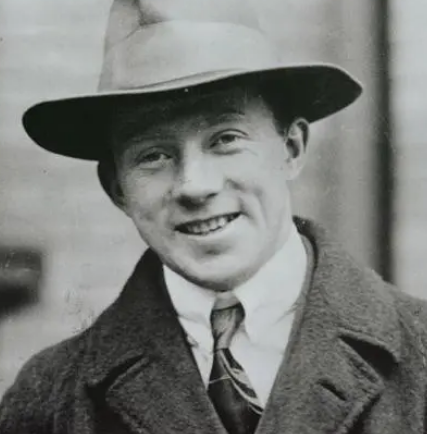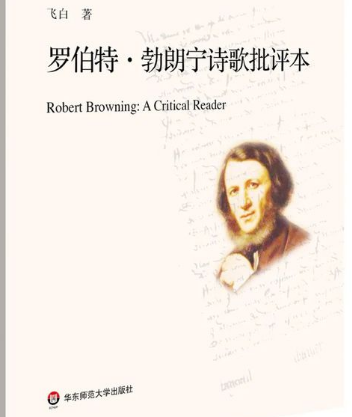The Egyptian Pharaohs were the rulers of the ancient Egyptian Kingdom, and their images have left a profound impression in history and culture. In particular, their long beards and unique hairstyles have become iconic memories of ancient Egyptian civilization. So, why did Egyptian Pharaohs have long beards, and why were their hairstyles so unique? This article will explore these two questions.

I. The Long Beards of Egyptian Pharaohs
1. Religion and Symbol of Power: In ancient Egyptian culture, long beards were regarded as symbols of wisdom, strength, and authority. As the supreme ruler of the country, the Pharaoh needed to demonstrate his divine and inviolable status through these external characteristics.
2. Coming-of-Age Ceremony: Long beards were also a symbol of male adulthood. In ancient Egypt, young men would grow their beards after reaching adulthood, and as the leader of the country, the Pharaoh naturally needed to exhibit a mature image.
3. Social Status: Long beards were also a symbol of status in ancient Egyptian society. People with long beards were usually considered to have higher social status, and the length of the Pharaoh's beard also reflected his supreme position as the ruler.
II. The Hairstyles of Egyptian Pharaohs
1. Baldness and Wigs: Ancient Egyptians believed that hair was divine, so they had the habit of shaving their heads and wearing wigs. As representatives of the gods, Pharaohs would usually shave their heads to show piety to the gods.
2. Symbol of Royal Power: The hairstyles of Pharaohs were often closely linked to royal power. For example, the famous "Narmer's Crown" and "Double Crown" were part of the Pharaoh's headgear, symbolizing their rule over Upper and Lower Egypt.
3. Religious Rituals: The hairstyles of Pharaohs were also related to the religious rituals they participated in. In some rituals, Pharaohs needed to wear specific headgear to show their reverence and worship of the gods.
III. Conclusion
The long beards and unique hairstyles of Egyptian Pharaohs are important components of ancient Egyptian culture. They not only reflect the social customs and religious beliefs of the time, but also embody the authority and status of the Pharaoh as the ruler. By interpreting these external characteristics, we can gain a deeper understanding of the history and cultural implications of ancient Egyptian civilization.
Disclaimer: The above content is sourced from the internet and the copyright belongs to the original author. If there is any infringement of your original copyright, please inform us and we will delete the relevant content as soon as possible.
































